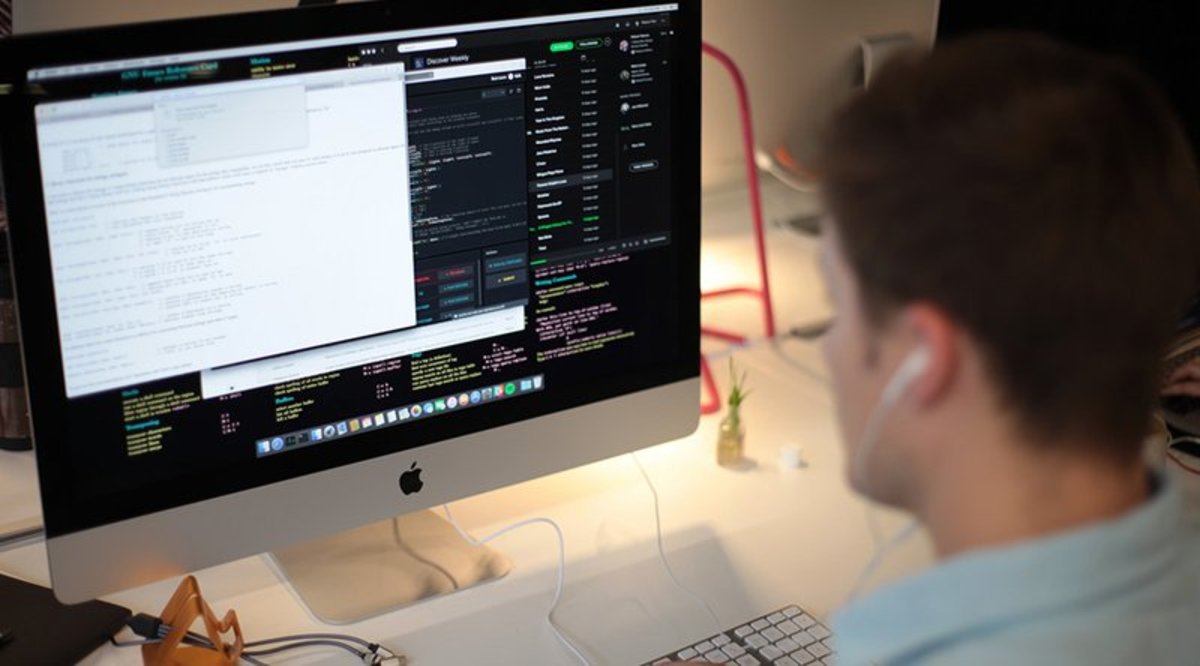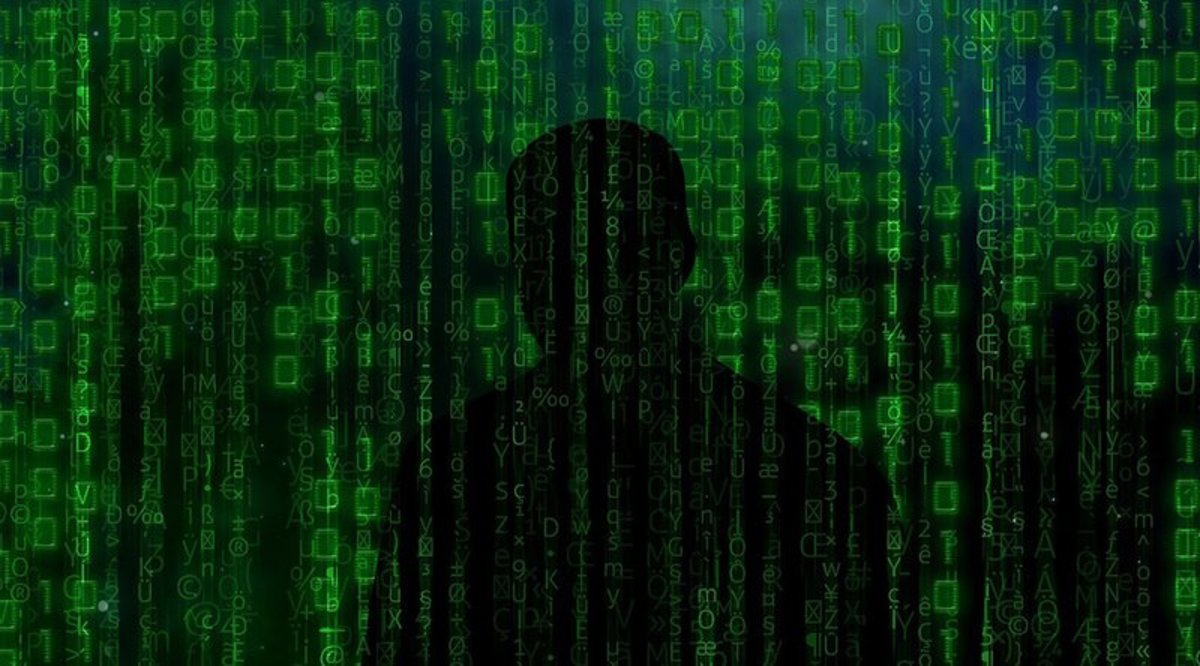
Educational institutions are turning their attention to the public blockchain to record and verify student credentials. Under normal circumstances, recording student achievements using paperwork can be labor-intensive and costly, making blockchain a significant step toward maximizing cheapness, security and transparency.
Holberton School of software engineering, based in San Francisco, is now actively recording student achievements through blockchain. In October 2015, the institution announced its plans, making it the world’s first school to authenticate academic certificates in this way.
An example of what an academic certificate stored in the Bitcoin blockchain from Holberton School would look like can be seen on Merkle.io.
According to HireRight, 86 percent of employers surveyed said that screening had exposed a candidate who had lied on his or her resume. Holberton School understands the struggles that companies face, which is one of the reasons it chose to store students’ academic records in the blockchain, Sylvain Kalache, co-founder of the school, told Bitcoin Magazine.
“For employers, it avoids having them spend valuable time checking candidates’ educational credentials by having to call universities or to pay a third party to do the job,” he said.
And using the blockchain helps to save the school money by not having to build and operate its own database of records.
“Because of the design of the blockchain’s distributed database, it cannot go down and cannot be altered, making the data always available and secure,” Kalache said. “It’d be a big responsibility if we were to build and maintain such an infrastructure. The blockchain does this free of charge.
“Our students are very happy about the fact that their academic qualifications will be secure in the storage of the future,” Kalache said. “They also see how the industry is massively investing in the blockchain, and they are proud to be part of the school that was the first to use it.”
The University of Nicosia in Cyprus is also turning its attention to blockchain technology as a way of recording students’ achievements. Digital currency lecturer George Papageorgiou told Bitcoin Magazine that the use of the technology is becoming quite popular.
“Students have been enthusiastic, knowing there’s an immutable trail of their prowess in the Bitcoin blockchain, which doesn’t compromise their privacy,” he said. “They or their future employers can use simple tools to verify the validity of their certificates themselves.”
With the first set of students graduating in June with an MSc in Digital Currency, Papageorgiou says they are helping other universities to incorporate blockchain technology.
“We are working to improve the processes involved and expand this function to other university certificates as well as work with other universities desiring to build this functionality for their systems.”
Catching On
“The immutability of a public blockchain like Bitcoin’s and/or Ethereum’s could serve as a unifying structure for the proof-of-certificates globally,” Papageorgiou said. “If transactions are signed with a key known to belong to the university, anyone trying to verify a certificate can validate the whole process all the way back to the issuing institution.”
Considering the advantages of blockchain, Kalache said he doesn’t see why it shouldn’t catch on with other schools.
“The only downside could be the challenge to interact with the technology itself, which can be pretty intimidating and complicated,” he said. “But guess what: The blockchain is becoming mainstream, and big players are entering the game.”
Kalache is talking about Holberton School mentor and IBM Vice President of Technology Jerry Cuomo, who believes that the blockchain will fundamentally change the way businesses are run after recently announcing the blockchain as a service so that any business can use it.
Sony also recently announced blockchain as a service to provide schools an easy way to share their academic certificates in the blockchain.
“The technology has the potential to realize an entirely new infrastructure system for sharing records securely over the network in any number of ways, opening new doors of possibility for academic records and how they are assessed,” Sony Global Education said in a press release.
Photo Sylvain Kalache / Flickr(CC)










